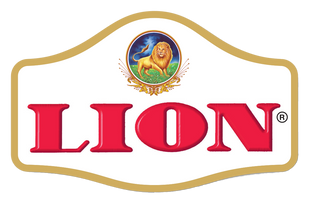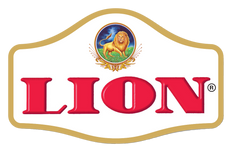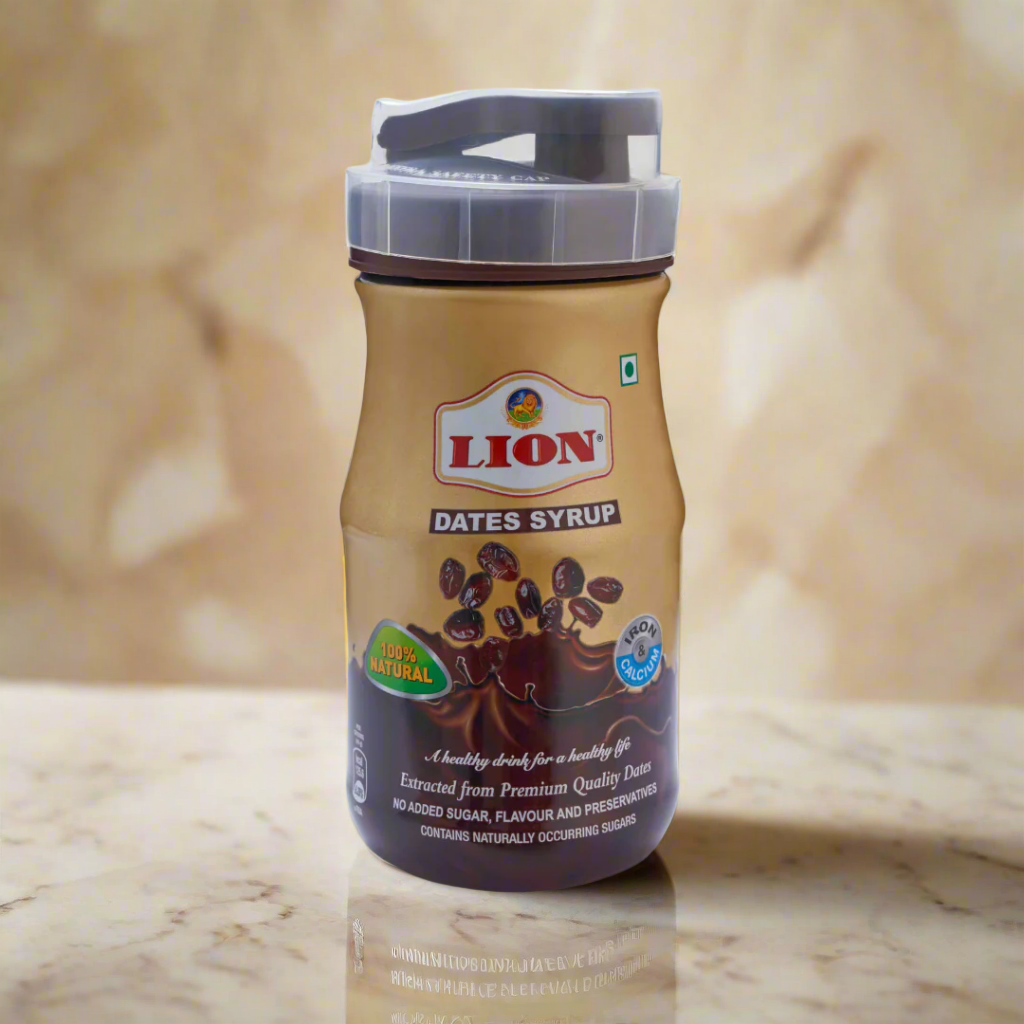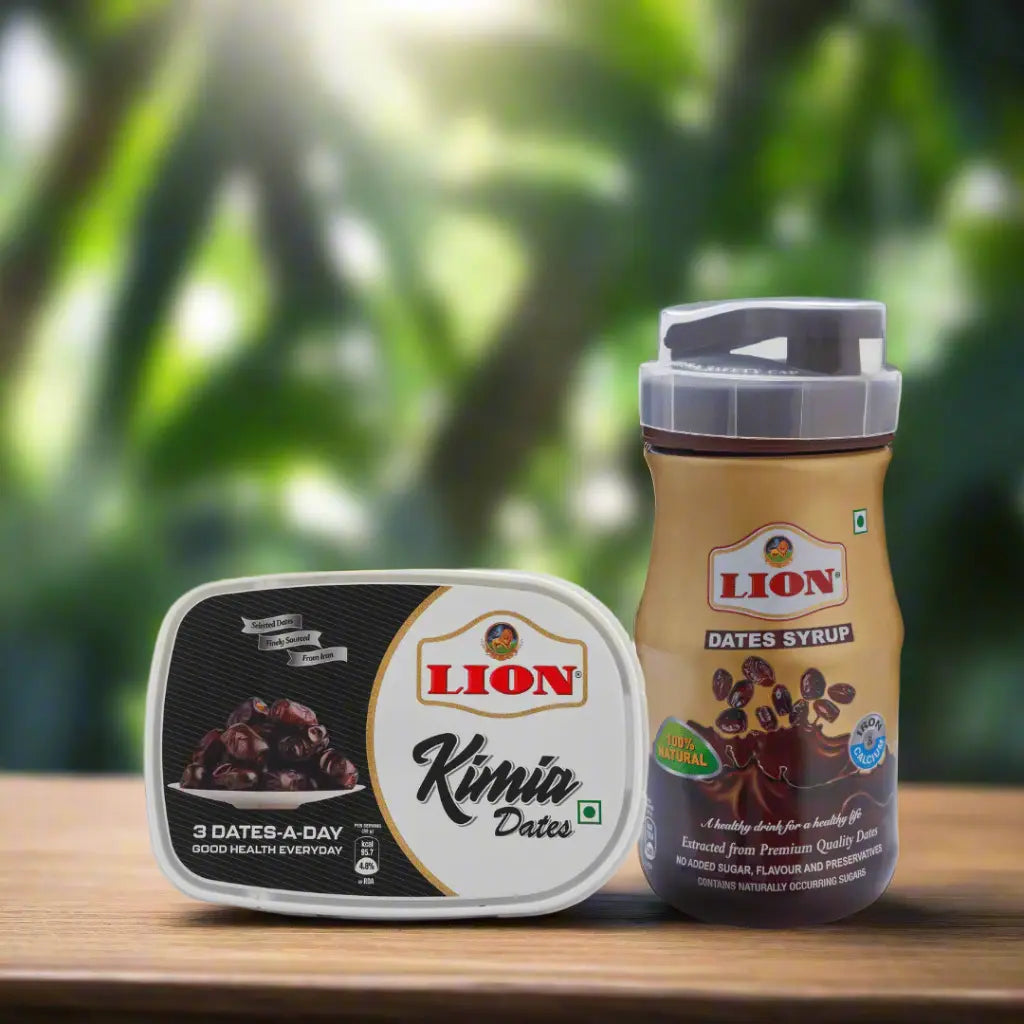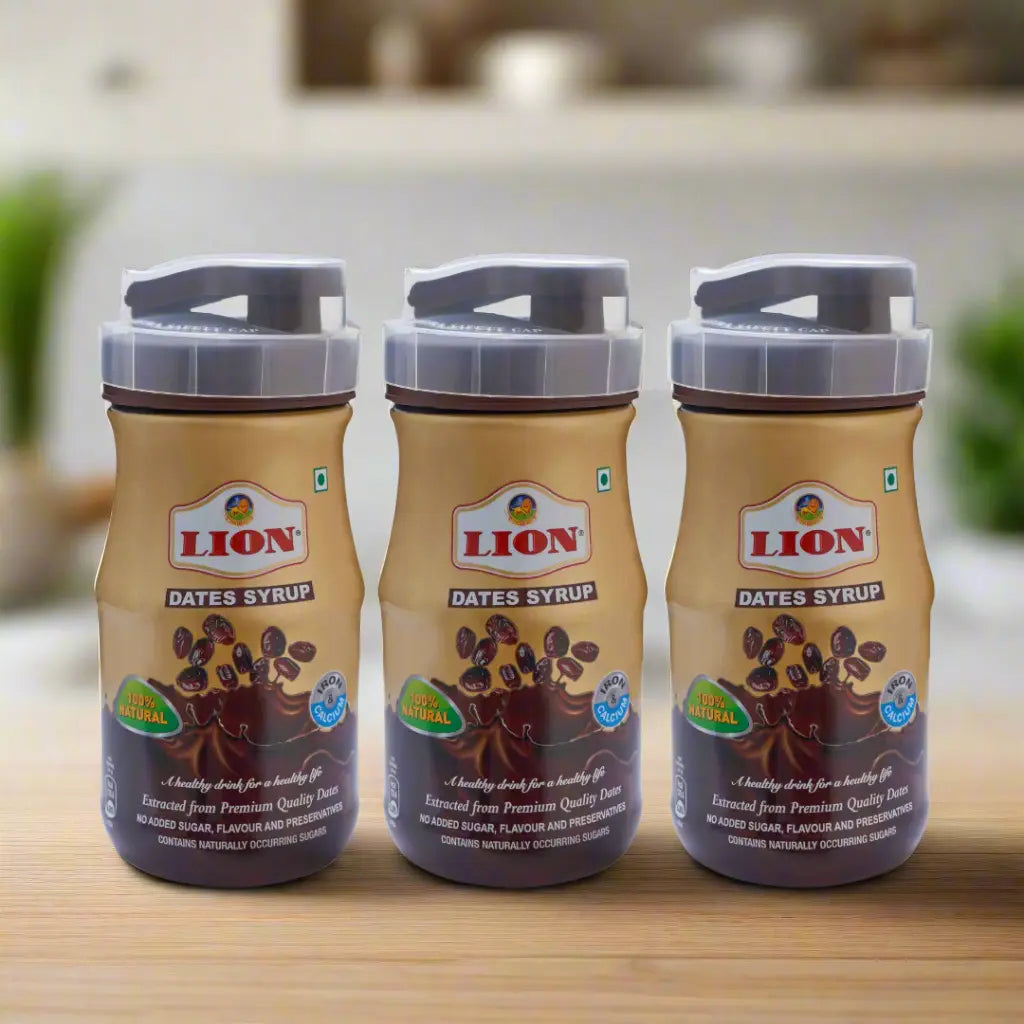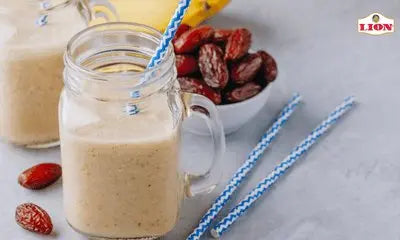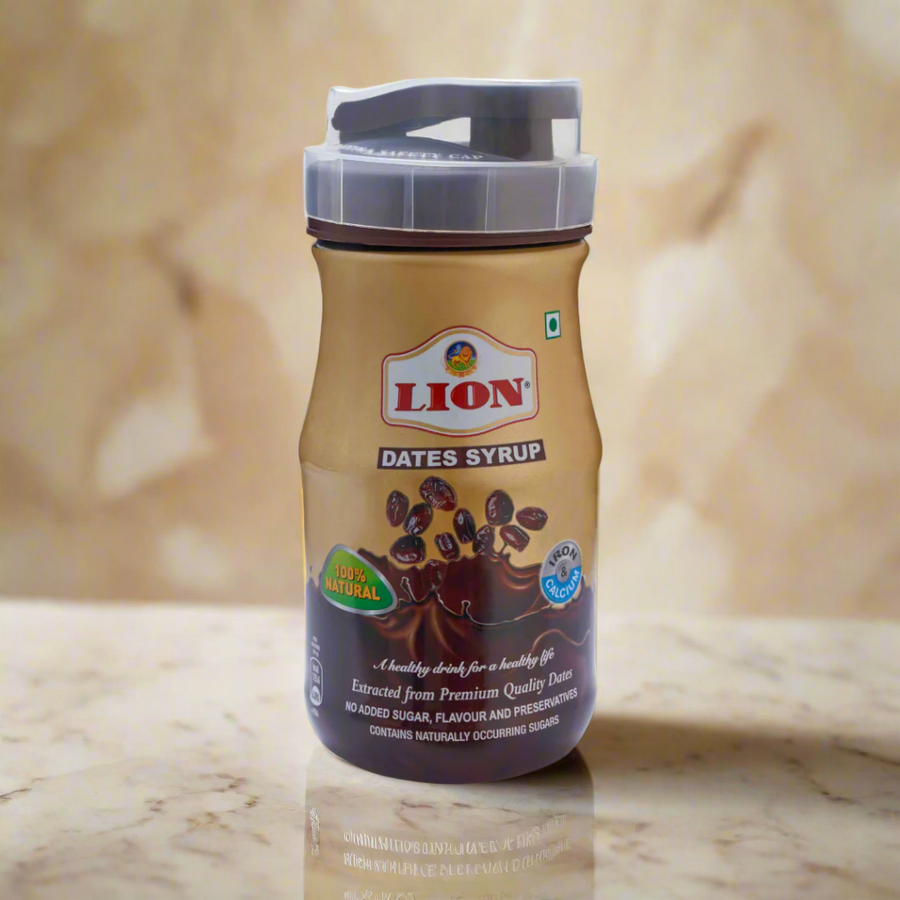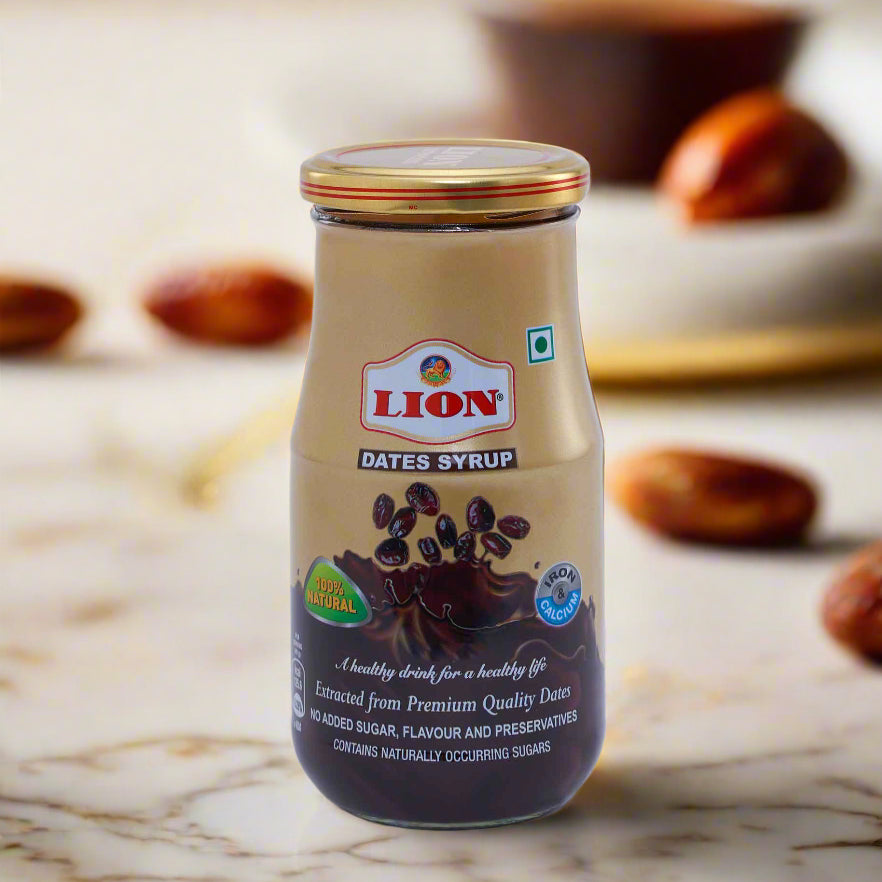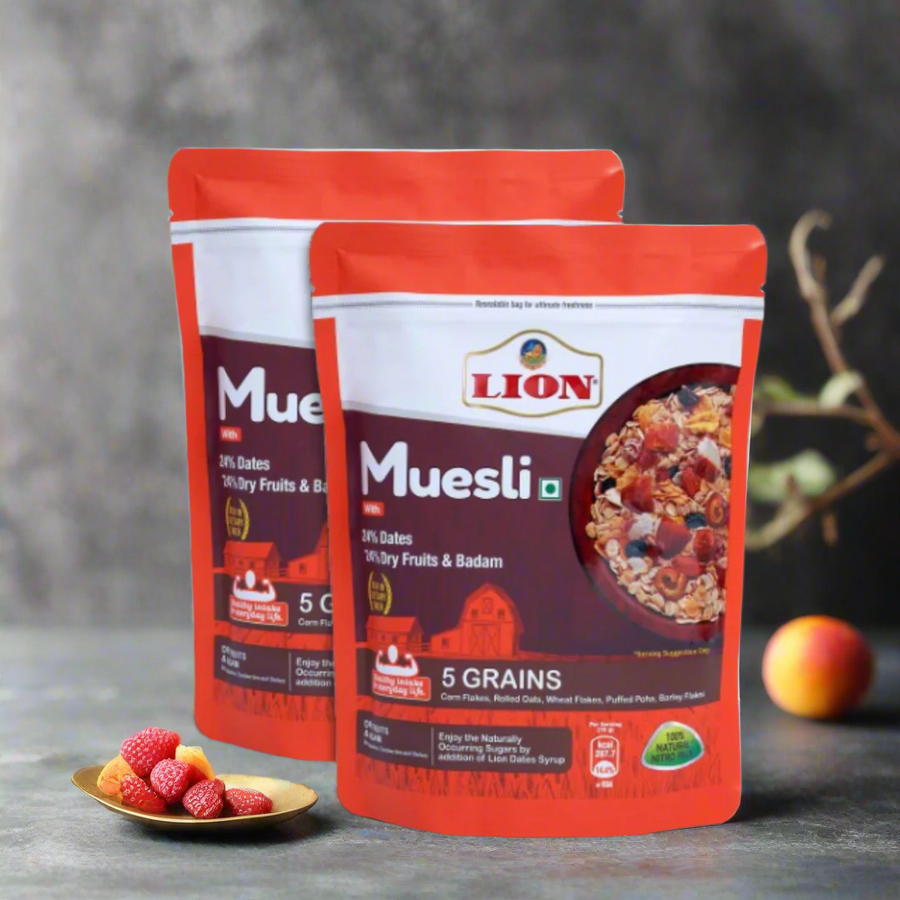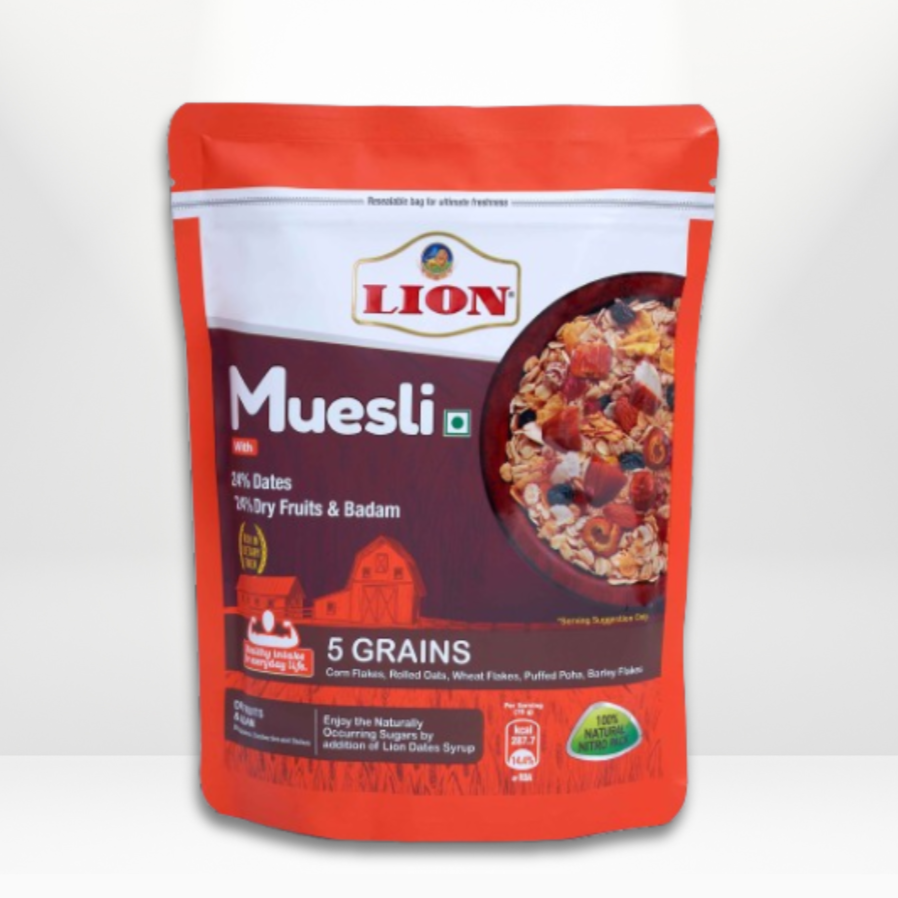Stamina Secrets for Cluster Feeding Success: Master the Journey!
During the cluster feeding journey, it's essential for parents, especially breastfeeding mothers, to prioritize their nutrition to support their own well-being and milk production. Here are some foods that can complement the cluster-feeding journey:
- Oats: Oats are rich in fiber, iron, and protein, and they contain a compound called beta-glucan that may help with milk production.
- Salmon: Salmon the best source of omega-3 fatty acids, which are crucial for the baby's brain development and overall health.
- Nuts and Seeds: Almonds, walnuts, chia seeds, and flaxseeds are packed with healthy fats and protein, providing an energy boost to tired parents.
- Leafy Greens: Spinach, kale, and other leafy greens increase vitamins and minerals, including calcium, essential for bone health.
- Legumes: Lentils, chickpeas, and beans are excellent sources of plant-based protein and iron, supporting overall energy levels.
- Fruits: Berries, citrus fruits, and apples are packed with vitamins, antioxidants, and fiber, providing a refreshing and nutritious snack.
- Greek Yogurt: Greek yogurt, a good source of protein and calcium, promotes bone health and muscle repair.
- Whole Grains: Brown rice, quinoa, muesli, and whole wheat bread are nutritious options that provide sustained energy.
- Dates are another excellent food complementing the cluster feeding journey. It contains natural sugars, fiber, vitamins, and minerals like potassium, magnesium, and iron. It is an instant energy booster for tired parents during cluster-feeding sessions.
Including dates in your diet can provide a sweet and nutritious snack and contribute to overall well-being and stamina during this demanding phase of parenthood. Whether eaten independently or added to smoothies, oatmeal, or lactation cookies, dates can be a delicious and healthy addition to your cluster-feeding journey. To satisfy your sweet cravings more healthy, Lion Dates has 10 exotic date varieties, dates syrup & dates sugar with lactation-boosting properties like prolactin, which can benefit breastfeeding mothers.
Prolactin is a hormone produced by the pituitary gland, the small gland at the base of the brain. It plays a massive role in biological functions, most notably in the female body, to promote lactation (the production of breast milk) during and after pregnancy. However, it is essential to note that prolactin is not exclusively a female hormone; it is also present in males and regulates the immune system and metabolism.
As with any food, moderation is key. Including them in a balanced diet can help parents maintain energy levels and support their overall health during this beautiful yet challenging time.
Note: Please consult your gynecologist/dietitian/nutritionist before you start eating.
